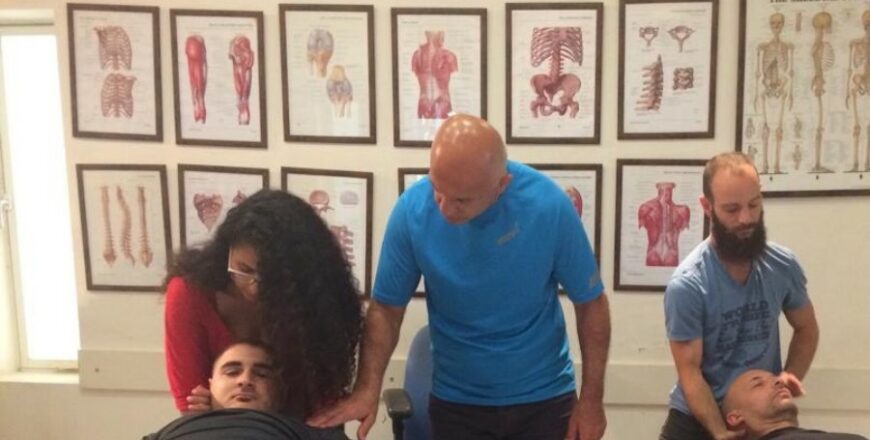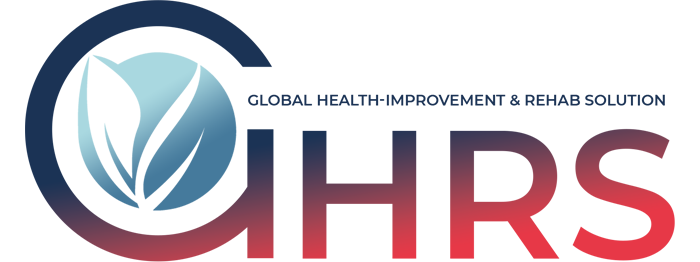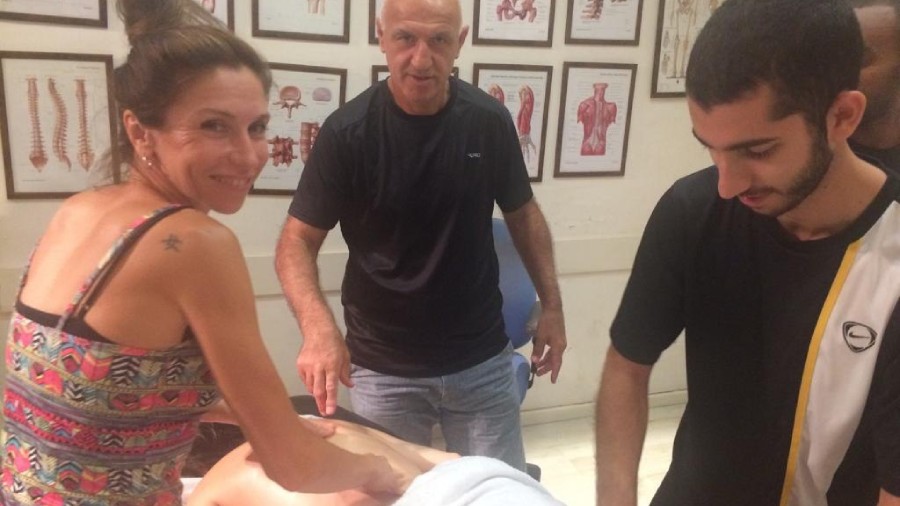Chinese acupuncture course. Learning Chinese Acupuncture

Acupuncture, better known as “acupuncture”, is a treatment method that belongs to the field of alternative medicine. Its purpose is to restore health and balance to the body and mind through the release of blocked energy. Acupuncture treatment is based on the theory that the health of the body depends on the free flow of life energy (“chi”) in the human body, in a continuous and smooth balanced manner, through an intricate network of energy paths called meridians. These paths connect to different areas of the body and directly affect the functions of the internal organs and body systems. According to Eastern teachings, life energy exists in the universe and in every body (“chi”) which is the basis of mental and physical health. When the flow of “chi” encounters any barrier, it will adversely affect the overall health and internal balance of the human body. Disharmony (imbalance) in “chi” in a certain organ may cause disease or some kind of functional disorder, mental stress, injuries, inflammations, and many other kinds of diseases.
Acupuncture is an effective treatment method for health problems and various functional disorders, today even in conventional medicine, the effectiveness of the method is acknowledged and recommended to be used. The acupuncture method is based on the insertion of extremely thin needles into certain points in the body in order to release energetic blockages, which cause physical and mental diseases. Each of the acupuncture points has a different meaning and is designed to treat different symptoms. The acupuncture needles stimulate the nerve fibers found in the muscles and cause the release of endorphins and physiological substances, which help relieve pain and moderate the destructive processes of the body’s tissues and even affect the mind, improving the mood, relieving stress and anxiety and improving the immune system, etc.
Acupuncture treatment helps with symptoms such as:
- Arthritis
- Blood pressure and circulatory system problems
- Headaches and migraines
- Back pain
- Musculoskeletal problems
- Mental stress, depression, anxiety
- Fatigue
- Asthma and shortness of breath
- Skin problems
- Allergies
- Insomnia
- Gynecological problems and infertility
- Digestive problems
- Addictions
- Obesity and appetite suppression, etc
Acupuncture studies – why should you?
Chinese medicine is a major profession in natural medicine, and is one of the main currents that brought the gospel of alternative healing to the Western world. The use of means, such as acupuncture needles, (as well as cupping and medicinal plants), provide an answer to problems in which other conventional methods are difficult and therefore the demand for treatment with this method is also increasing.
Chinese medicine studies are fascinating and strong, and are considered prestigious in the field of natural medicine, and are studied while adhering to training plans with extensive knowledge and practice. Knowledge of Chinese medicine will contribute a lot to therapists using different touch methods, will improve the efficiency of the treatment for them and will give them more extensive knowledge.
During the course, you will enter the wonderful world of energy, acupuncture points, the diverse functions of the internal organs according to the Chinese concept and the main treatment techniques – acupuncture, moxa and cupping. We will learn to diagnose diseases and syndromes and treat them, and we will gain the knowledge and abilities to treat people with a variety of problems.
Duration of training: one weekly session, 6 hours, 40 sessions, total 240 academic hours
Lesson progress: Each lesson includes theoretical and practical material. Practical material is worked out in pairs.
Description of Certificate/degree: Acupuncturist
The course is intended only for therapists who know anatomy and physiology

